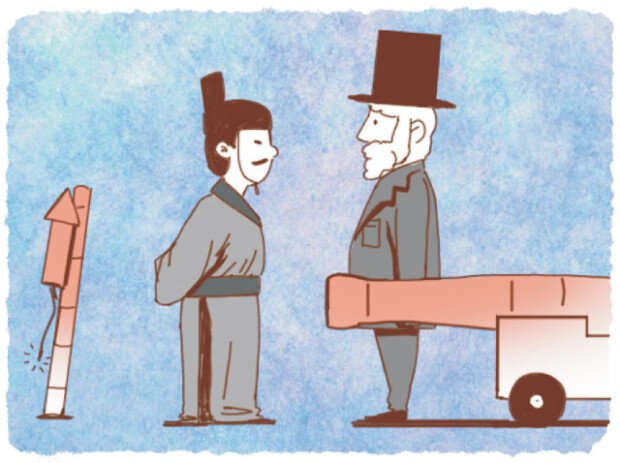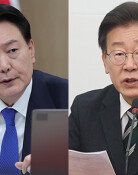Elixir of life and gunpowder
Elixir of life and gunpowder
Posted May. 07, 2019 07:46,
Updated May. 07, 2019 07:46

Gunpowder was first invented in China. It is told that Taoist monks accidently made gunpowder by applying heat to sulfur and calcium acetate while they were trying to find a substance that would give people eternal life. Therefore, it is ironical that this substance has become one of the cruelest genocidal weapons in the history of mankind.
There is another irony to gunpowder. After discovering how to make gunpowder by accident, Chinese overlooked its military value and used it as firecrackers instead. Europeans later learned how to make gunpowder from Chinese and used it as a weapon.
Some Chinese argue that the story is evidence of Chinese people’s peaceful disposition. But Chinese were also interested in the military value of gunpowder. The gunpowder was the only weapon that brought victory to the Ming army when they were fighting against their greatest enemies such as Mongol and Manchu people. The Ming army won the fight when gunpowder was appropriately used and sustained a crushing defeat when it was not.
Although China also developed artilleries, Europe was already much ahead of China when it came to artillery technology during the Ming Dynasty. China fell far behind European countries in developing tactics using artilleries, not to mention firearms.
That was because China did not have the proper techniques required to build weapons, such as refining of metals. More fundamentally, China was behind the West in its national system or social dynamism that encouraged the development of technology. The country controlled investment, competition, and the market and used study, ideology, and art to unproportionately value dignity and morality over practicality.
In fact, we are not in a position to devalue China since we were the same in the 1960s and 1970s. Have we changed a lot in a successfully industrialized country? It seems we have changed on the outside but not to the root. Our society has become more ideological, value-oriented, and controversial. It is sad to watch this side of our society as it remarkably resembles the late Joseon period.







